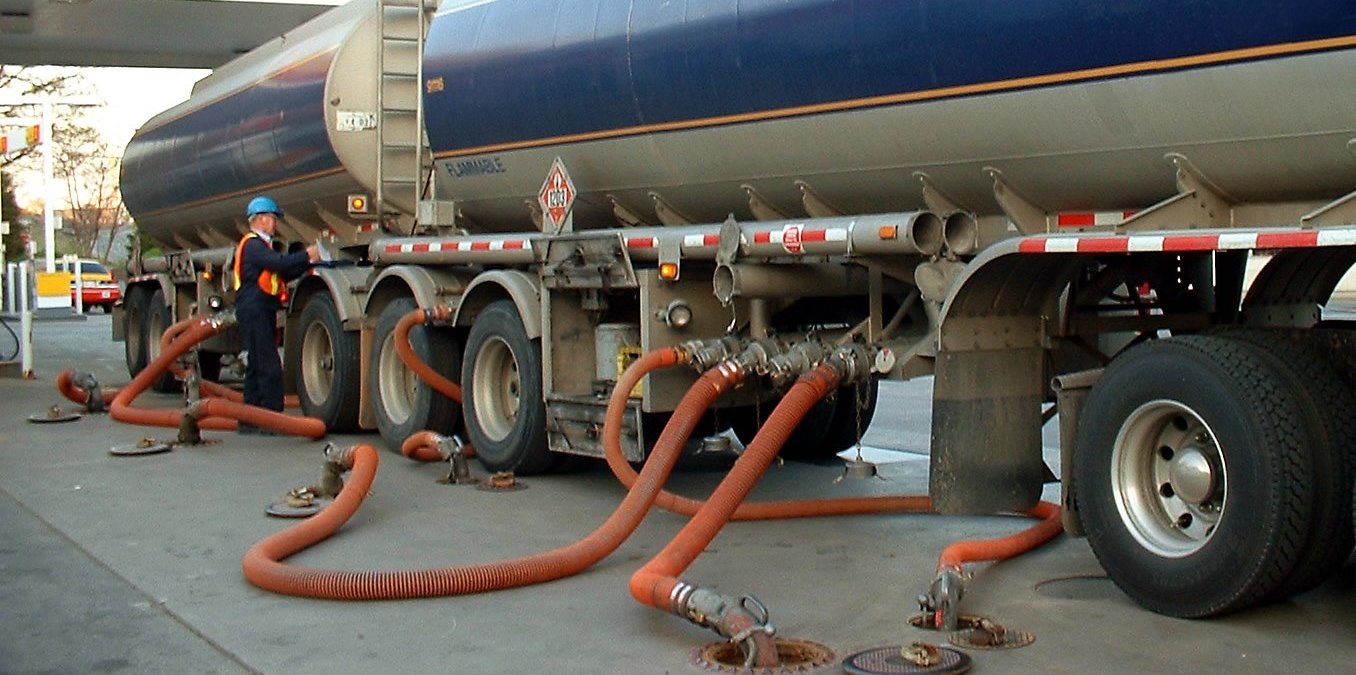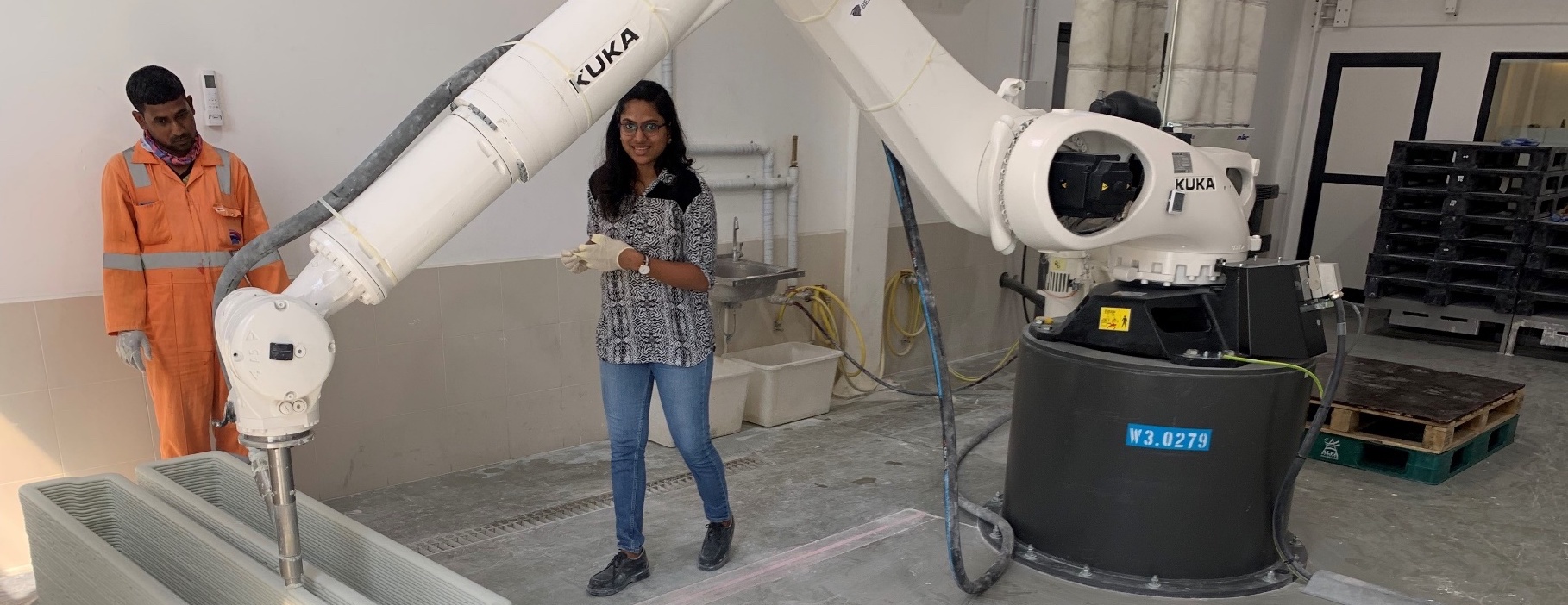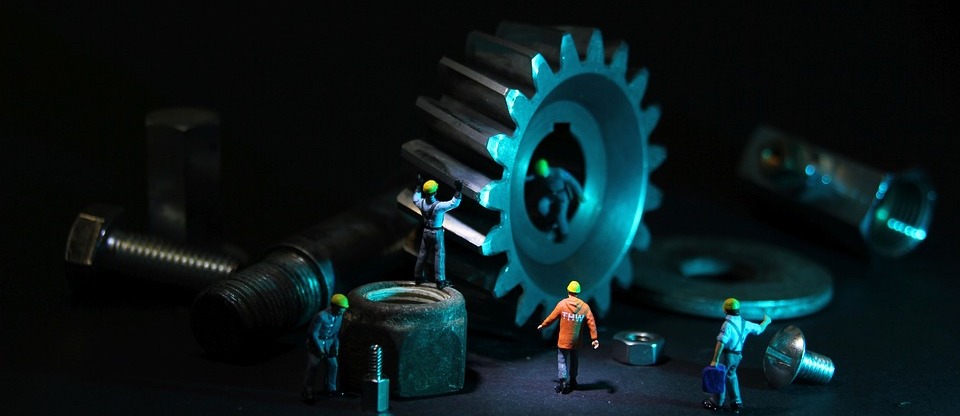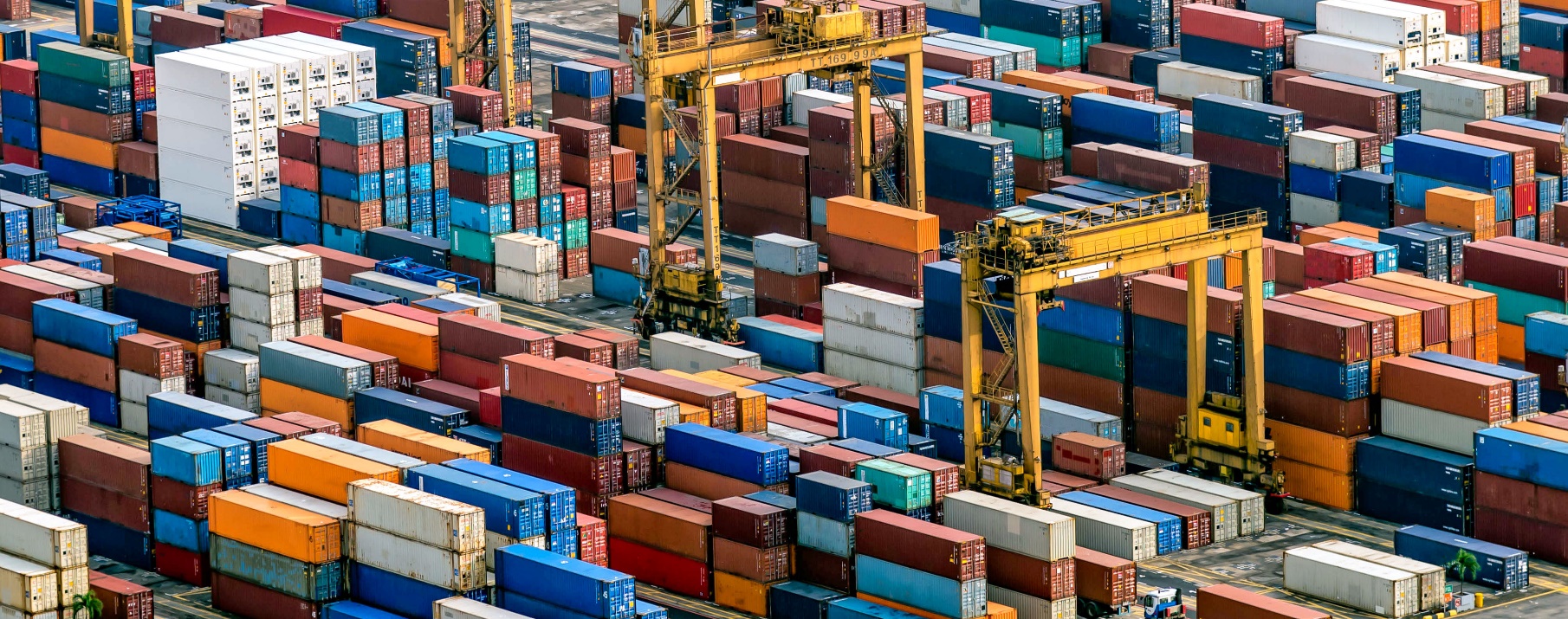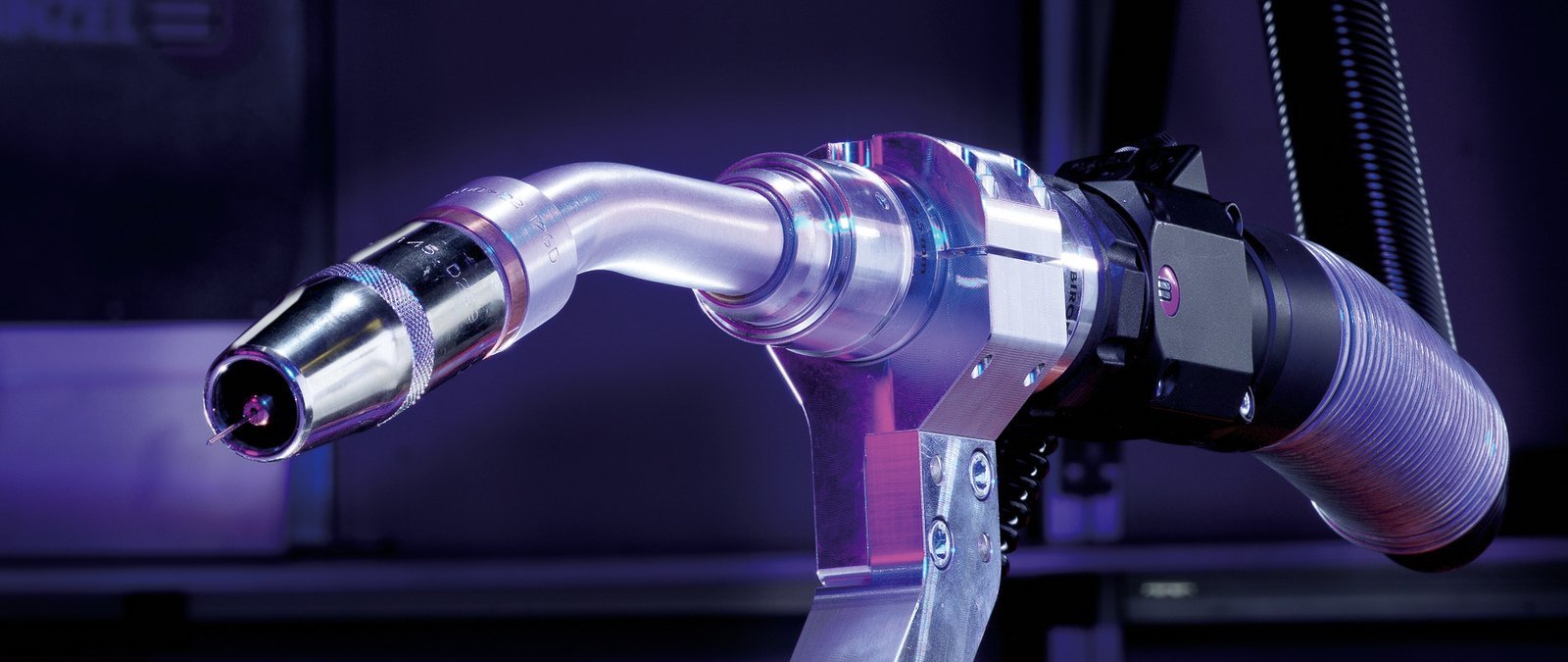747 results found
Featured results



More results
This use case explores technologies that change the standard emission-heavy wastewater treatment processes into more sustainable processes
A novel grease trap collection system for the harvesting and removal of problematic fat, oil and grease (FOG) waste build-up at the commercial, industrial and municipal wastewater premises
A 3D printer is a machine that can create a physical three-dimension object based on a computer-aided design (CAD) model
Digital knowledge platforms centralise data and knowledge and make it readily accessible to workers both onsite and in the office
Predictive maintenance utilises monitoring and advanced machine learning methods to develop predictive models about failure of physical and mechanical assets such as pipes, pumps, and motors
The adoption of technology (digital technologies) in “classic” transport infrastructure, across all stages of the lifecycle - from the planning, design, construction and maintenance - is becoming more and more relevant in order to enhance sustainability, efficiency, safety and longevity of the infrastructure to the benefit of the users and the society as a whole
Automated Robot Cranes (ARC) are cranes that are integrated with Artificial Intelligence (AI) technology
Novel welding processes and automated welding technologies are used in the pre-fabrication and construction phase of infrastructure projects
Intelligent process optimisation for drinking water and wastewater treatment plants provides an opportunity to automate the control of treatment processes and/or provide real-time decision support for treatment plant operators
Regional navigation and information system (hereinafter-RNIS) is a system designed for information and navigation support of the transport complex of a constituent entity of the Russian Federation through the use of GLONASS/GPS technology aimed at enhancing the safety and efficiency of passenger and cargo transportation at the regional level
Sometimes, public goods and services can experience mismanagement issues deriving from imperfect information, coordination problems and market failures
The Smart Ivrea Project (SIP) envisages the design and implementation of a sustainable, inclusive and technologically advanced city where public services, energy and economic efficiency and social inclusion are the center
Heritage is often one of the treasures that humanity has a duty to preserve for the knowledge and enrichment of future generations, something that sometimes involves a compromise between the need to preserve it and to show it
Augmented Reality (AR) and Virtual Reality (VR) are both part of a wider field of technology called Mixed Reality (MR).
The solution is an Intelligent Transport Systems (ITS) Electronic Toll Collection (ETC) system for heavy-duty vehicles (HDVs).
The solution is Electric Vehicle Charging (EVC) system consisting of varying technologies of chargers (slow, fast and ultra-fast) and EV Cloud Platform.
Digital service platform integrating the latest digital and communication technologies such as cloud computing, 5G, big data and the Internet of Things can effectively improve the operation and management efficiency of transport hubs such as airports, harness economic, social and governance (ESG) benefits, and enhance the security and quality of services.
In today's complex global supply chain, a number of inefficiencies constrains the physical flow of goods due to asymmetrical or erroneous information flow, compliance and regulatory issues, lack of data standardisation as well as financial risks.
Developing infrastructure that is sustainable, resilient and inclusive is a complex endeavour and it is even more so in emerging markets.
Private investment in infrastructure through primary market transactions remains low at around US$100 billion per year and has been declining over the past decade according to a new Global Infrastructure Hub (GI Hub) report, Infrastructure Monitor 2020.





